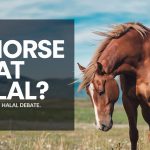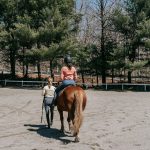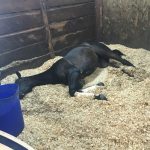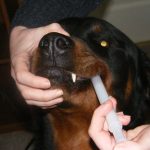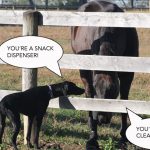Yes, horses can eat pears in moderation. Pears are safe and offer nutritional benefits to horses.
Pears provide a tasty and nutritious treat for horses. They are rich in vitamins A and C, as well as dietary fiber. Always wash pears thoroughly before feeding them to your horse. Cut the pears into small, manageable pieces to avoid choking hazards.
Remove seeds and cores to ensure safety. Treats like pears should complement a horse’s regular diet, not replace it. Overfeeding fruits can lead to digestive issues. Moderation is key to maintaining a balanced diet for your horse. Always consult with a veterinarian before introducing new foods into your horse’s diet. This ensures your horse remains healthy and happy while enjoying occasional pear treats.
Introduction To Horses And Pears
Horses are majestic animals. They need a balanced diet to stay healthy. Pears are a common fruit. People often wonder if horses can eat them.
Horses eat mainly hay and grass. Their diet is high in fiber. They need fresh water daily. Some fruits and vegetables are safe for them. Owners must be careful with treats.
Pears are sweet and juicy. They are rich in vitamins and fiber. Horses can eat pears in moderation. Always wash the pears first. Remove the seeds and core. Seeds can be harmful to horses. Cut the pears into small pieces.
Nutritional Benefits Of Pears
Pears offer essential vitamins and minerals, making them a nutritious treat for horses. Rich in fiber, they support digestion and overall health.
Vitamins And Minerals
Pears are rich in vitamins and minerals. They provide vitamin C and vitamin K. These vitamins help horses stay healthy. Pears also contain copper and potassium. Copper aids in bone health. Potassium supports muscle function.
Fiber Content
Pears have high fiber content. Fiber helps in digestion. It keeps the horse’s gut healthy. Eating fiber reduces the risk of colic. It also helps in maintaining a healthy weight.
Potential Risks Of Feeding Pears To Horses
Horses have sensitive stomachs. Feeding too many pears can cause digestive problems. Symptoms may include bloating, gas, or diarrhea. Always introduce new foods slowly. Monitor your horse’s reaction to pears.
Pears contain high levels of natural sugars. Too much sugar can lead to weight gain and laminitis. Always feed pears in moderation. Limit the amount to small, occasional treats. Balance their diet with other low-sugar foods.
Safe Ways To Introduce Pears
Horses can eat pears safely when introduced gradually into their diet. Cut pears into small, manageable pieces to prevent choking. Always monitor your horse for any adverse reactions.
Portion Control
Start with small pieces of pears. Large portions can cause digestive issues. One or two slices are enough at first. Observe your horse’s reaction. Gradually increase the amount if they tolerate it well. Always wash pears to remove pesticides. Cut the pears into manageable pieces. Avoid giving too many treats. Pears should not replace regular feed.
Monitoring Reactions
Watch your horse after they eat pears. Look for signs of discomfort. Check for diarrhea or bloating. Reduce or stop if you see any issues. Introduce other new foods one at a time. This helps identify any problems. Be patient and careful. Your horse’s health is the priority. Always consult your vet for advice.
Alternatives To Pears
Horses can enjoy other fruits like apples, carrots, and watermelon as alternatives to pears. These options provide essential vitamins and hydration.
Other Safe Fruits
Horses can eat apples. They love the sweet taste. Bananas are also safe. They provide extra potassium. Carrots are a great choice too. They are crunchy and fun to chew. Grapes can be given in small amounts. Horses enjoy their juiciness. Watermelon is another safe fruit. It helps keep horses hydrated.
Non-fruit Treats
Horses can eat hay cubes. They are a favorite treat. Oats are also safe and nutritious. Carrot sticks make a great snack. You can give horses a small amount of molasses. It makes their food sweeter. Sugar cubes are a nice treat. Horses love their sweetness. Cooked sweet potatoes are safe and tasty.

Credit: www.equestroom.com
Veterinary Advice
Horses can safely enjoy pears as an occasional treat. Ensure the pears are cut into small pieces to prevent choking.
Consulting A Vet
Always talk to a vet before giving new food to your horse. Vets know what is safe for your horse. They can check if pears are good for your horse. Some horses may have special needs. The vet will tell you the right amount to give. It is important to follow their advice.
Signs Of Allergies
Allergies can happen with new foods. Watch your horse for signs of trouble. Look for swelling, itching, or trouble breathing. These can be signs of an allergy. Stop feeding pears if you see these signs. Call your vet right away. Your vet can help with allergy problems.
Case Studies
Horses can safely enjoy pears as an occasional treat. Pears offer vitamins and hydration, but moderation is key. Always remove seeds and core before feeding.
Success Stories
Many horse owners have fed pears to their horses. Horses enjoyed the sweet taste. One horse named Bella thrived on a pear-rich diet. Her coat became shinier. She also showed more energy during rides. Another horse, Max, loved pears as treats. They helped him stay focused during training sessions. Owners reported no digestive problems. Pears became a favorite snack for many horses.
Cautionary Tales
Not all horses react well to pears. One horse, Rocky, developed diarrhea after eating too many pears. His owner had to call the vet. The vet advised feeding pears in moderation. Another horse, Daisy, choked on a large pear piece. Always cut pears into small pieces. Some horses might have allergies. Watch for signs like itching or swelling. Always introduce new foods slowly.
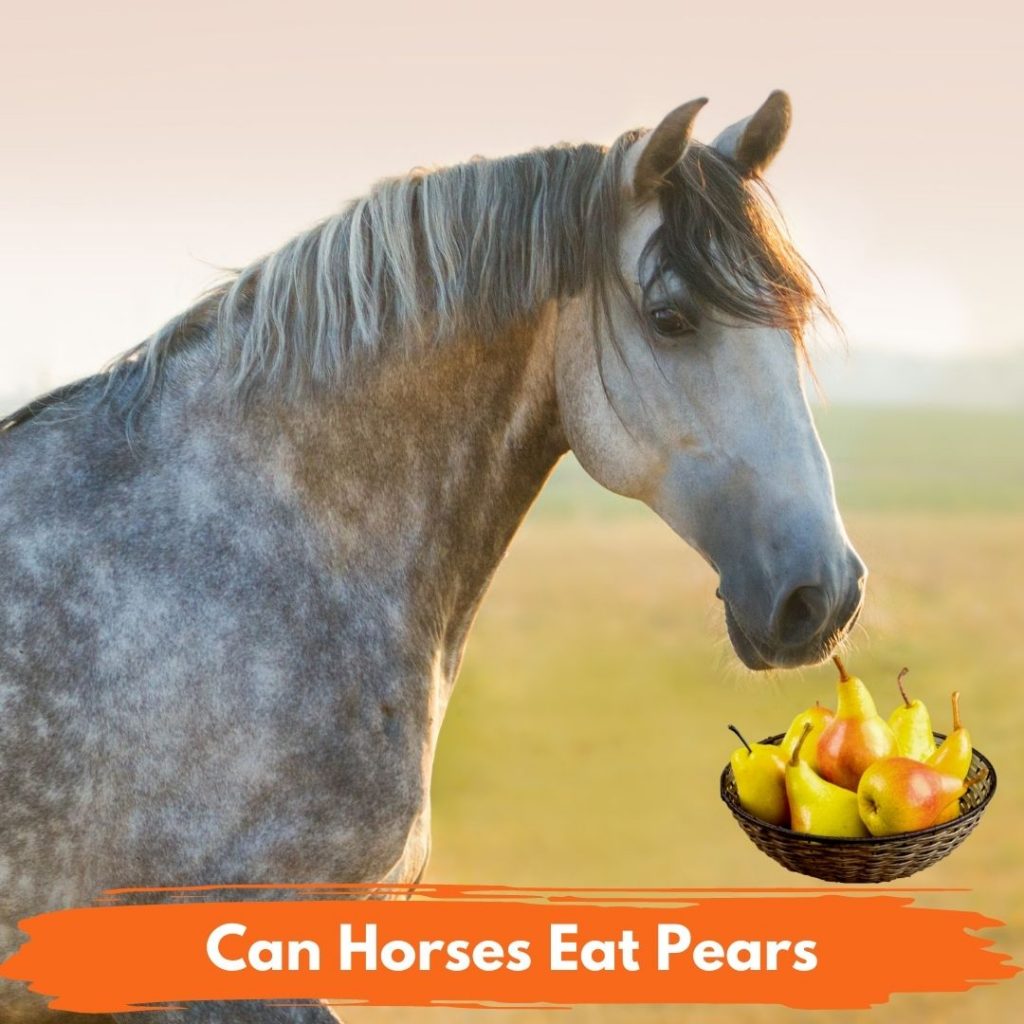
Credit: www.nationalequine.org
Conclusion And Best Practices
Horses can safely eat pears in moderation, offering them a tasty and nutritious treat. Always ensure pears are cut into manageable pieces, removing seeds and core to prevent choking hazards.
Summary Of Findings
Horses can eat pears safely. Pears are rich in vitamins and minerals. They provide a sweet treat for horses. Too many pears can cause digestive problems. It is best to feed pears in moderation. Wash the pears well before feeding them. Remove the seeds and core to avoid choking.
Final Recommendations
Feed pears as an occasional treat. Limit the amount to one or two slices. Always wash and cut pears properly. Monitor your horse for any signs of discomfort. Consult your vet if unsure about feeding pears. Other safe fruits include apples and carrots. Avoid feeding horses citrus fruits and avocados. Keep a balanced diet for your horse.
Frequently Asked Questions
Is It Safe For Horses To Eat Pears?
Yes, horses can eat pears safely in moderation. Pears provide vitamins and fiber but should be fed without seeds.
Is There Any Fruit That Horses Can’t Eat?
Yes, horses should not eat avocados. Avocados contain persin, which can be toxic to horses. Always avoid feeding them avocados.
Are Horses Allergic To Pears?
Horses are not commonly allergic to pears. Always introduce new foods slowly and monitor for any adverse reactions.
Why Can’t Horses Eat Apples?
Horses can eat apples, but in moderation. Too many apples cause digestive issues like colic or laminitis. Always remove seeds.
Conclusion
Horses can safely enjoy pears in moderation. Pears are a nutritious treat but should not replace their regular diet. Always remove seeds and cores before feeding. Monitor your horse for any adverse reactions. Including pears occasionally can add variety and nutritional benefits to your horse’s diet.


